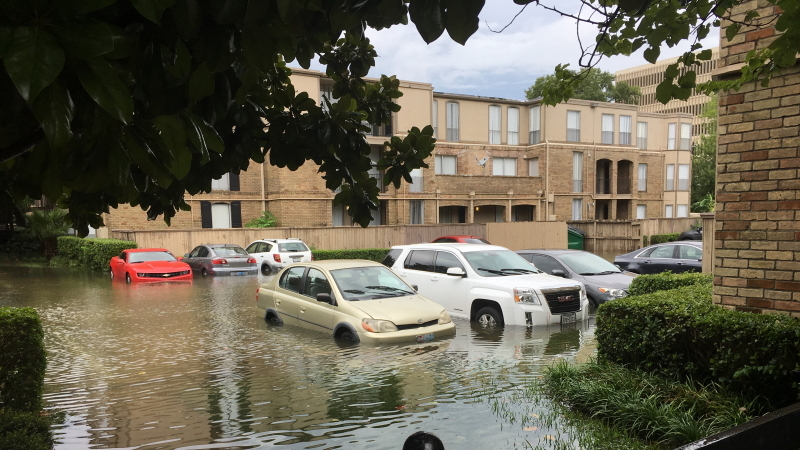The Harris County Community Services Department (HCCSD) and Rice University's Kinder Institute for Urban Research have published a study that says disasters like Hurricane Harvey in 2017, Winter Storm Uri last year and the ongoing COVID-19 pandemic adversely affect Houston's lower-income neighborhoods the most.
According to phys.org, the analysis determined that 13 Houston-area ZIP codes experienced high social vulnerability, prompting their struggles to deal with disasters.
East Little York, Old Spanish Trail/South Union, Kashmere Gardens, Trinity Gardens and Sharpstown are among the areas mentioned in the report.
The study's authors deduced that residents in these neighborhoods need basic necessities and help with rent or the mortgage more than building materials.
"This finding mirrors the Kinder Institute's research after Hurricane Harvey in 2017," institute head William Fulton said, according to phys.org. "Housing and home repairs are often not the highest priority after a disaster, especially for low-income residents."
The report recommended adding more multilingual and transportation services in low-income neighborhoods so their residents can easily access resources.
It calls for grassroots organizations to further help these residents.
"This study, coupled with the 'My Home is Here' housing survey, serve as vehicles for Harris County to determine and identify areas that habitually suffer from long-standing inequities after natural disasters," HCCSD executive director Adrienne Holloway said, phys.org reported. "The results of the combined research and input we gathered from over 17,000 county residents present us with a unique opportunity to put a plan in place that proactively and equitably protects residents and their homes."

